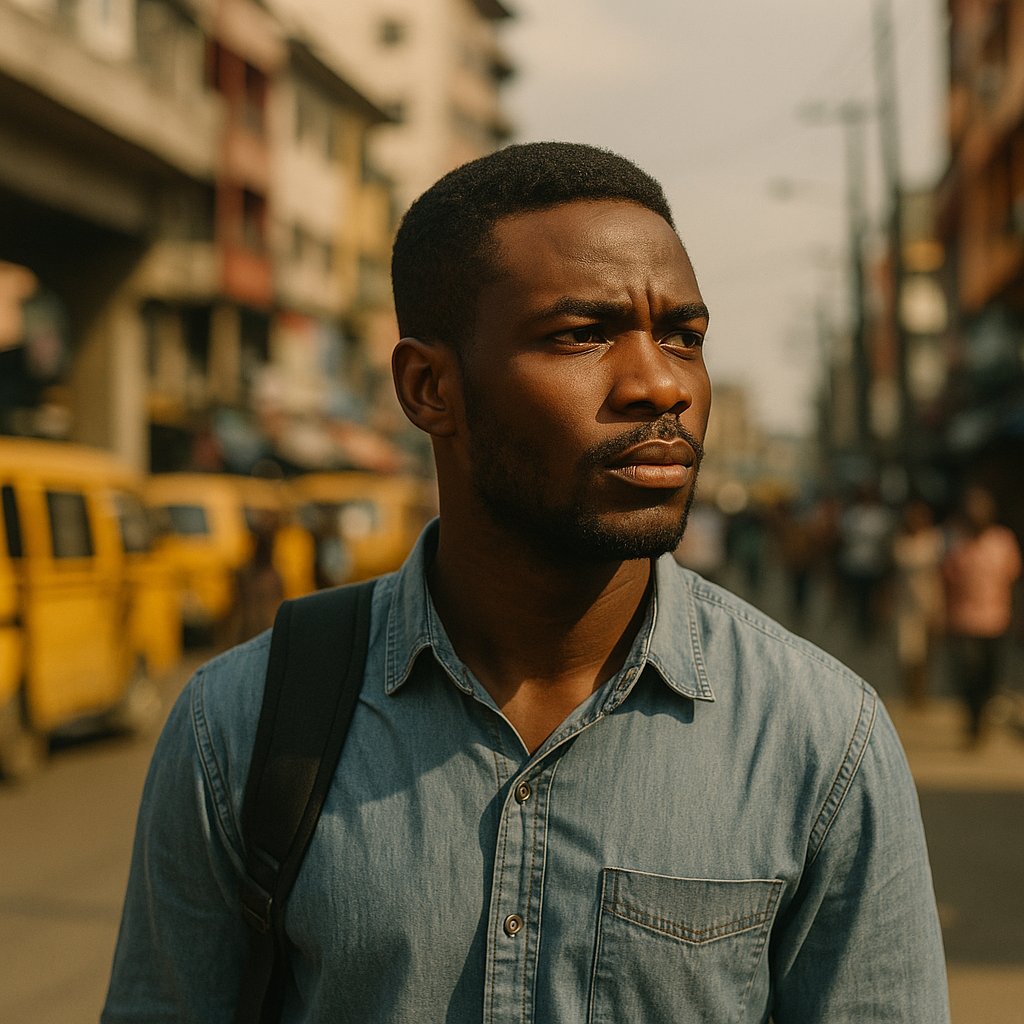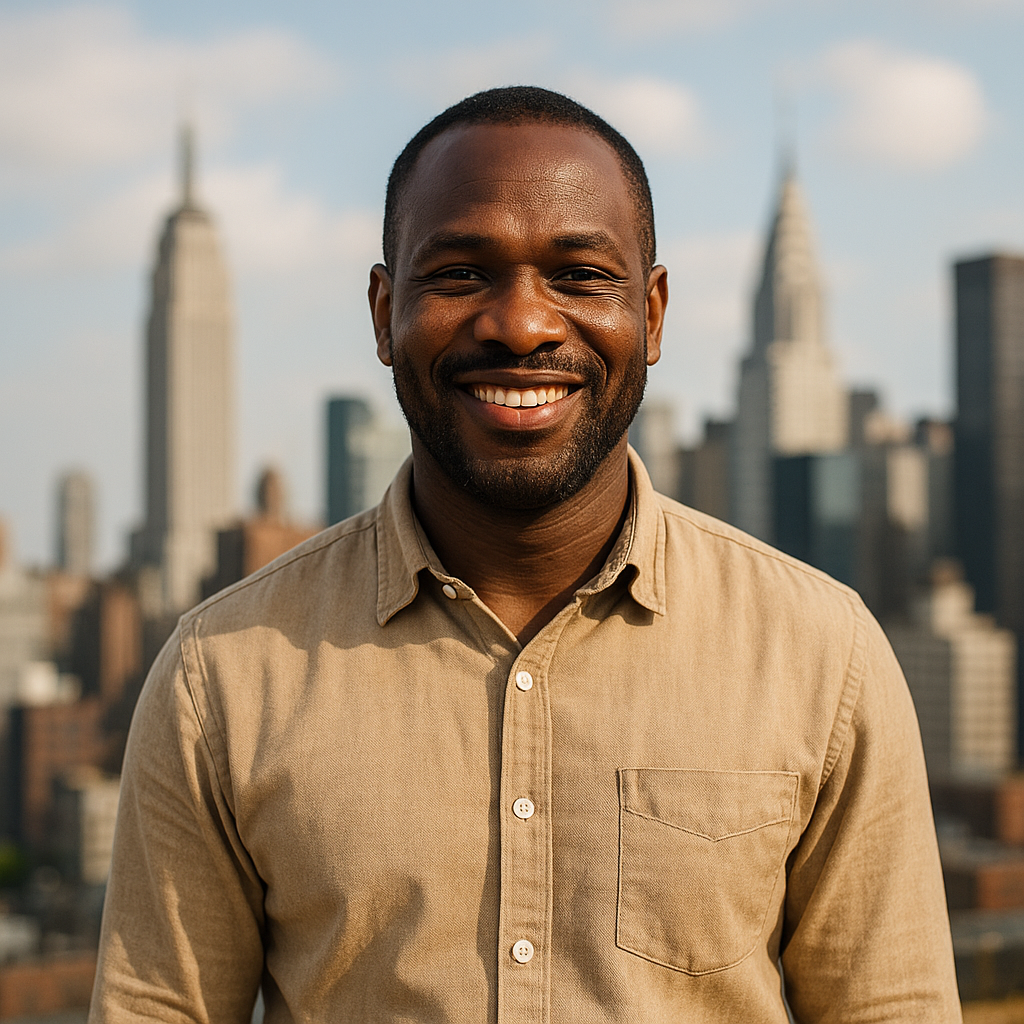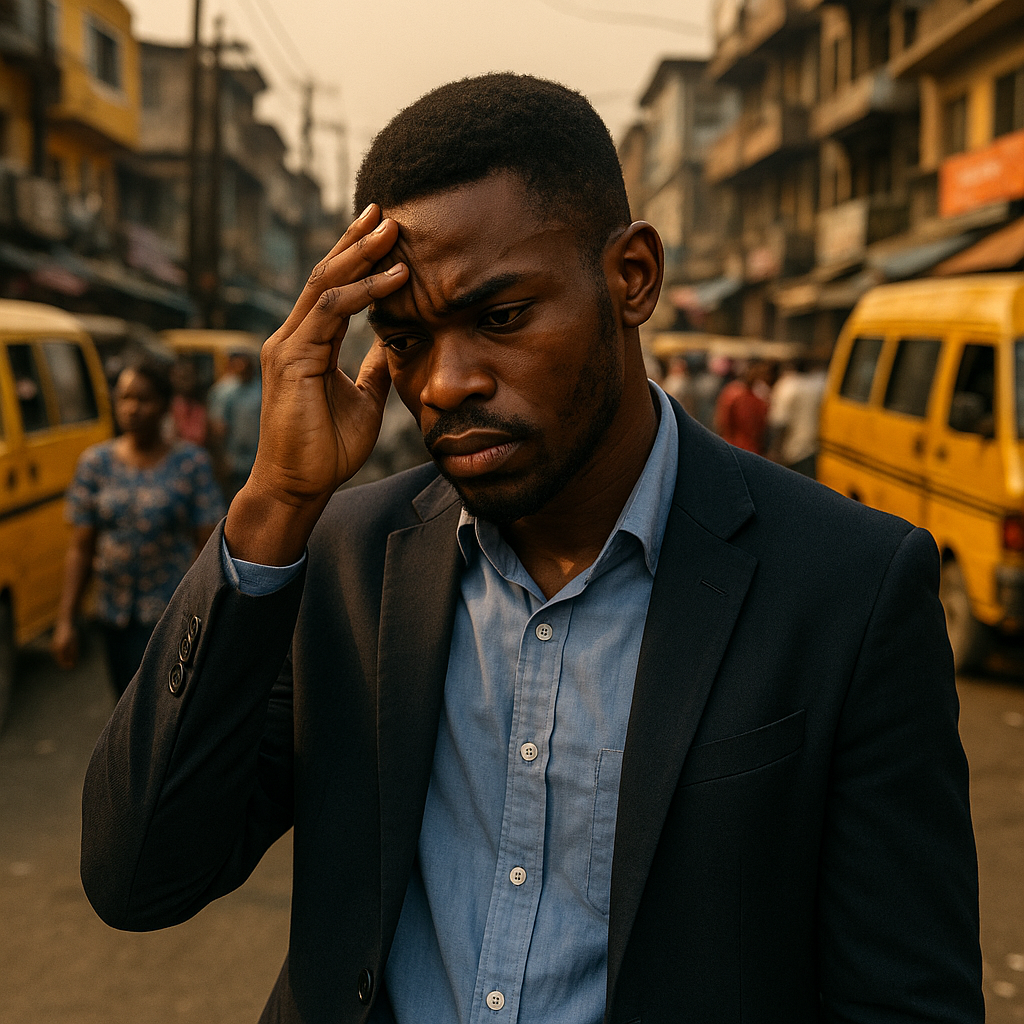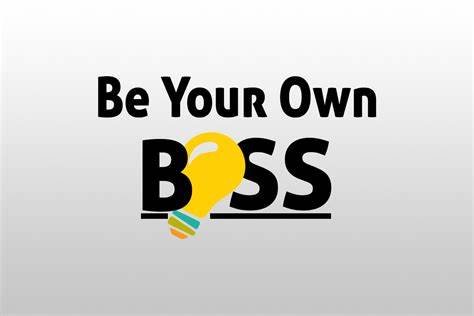Some stories don’t just inspire—they grab you by the soul, shake you, and refuse to let go.
In Africa, the entrepreneurial path is often portrayed as a glamorous sprint toward success. We see headlines about funding rounds, expansion into new markets, and million-dollar deals. What we don’t see enough of are the battles behind the scenes—the risks, the losses, the emotional toll.
For Aminu, a young Nigerian entrepreneur, the journey to building a business didn’t just test his skills—it tested his will to live. His story begins in Lagos, takes a dangerous turn in East Africa where he is kidnapped, and eventually finds a second chapter in the United States where he rebuilds.
This isn’t a fairy tale. This is African entrepreneurship in its rawest form—full of ambition, danger, resilience, and hope.

A Dream Bigger Than Borders
Aminu always knew he wanted more. Like many young Africans, he dreamed beyond the boundaries of his home country. Technology was his passion, and he had a burning desire to build a startup that would change lives—not just in Nigeria, but across the continent.
Aminu’s journey reminds us that being an African entrepreneur is not just about business—it’s about survival, vision, and unshakable faith. His life proves that even in the face of danger and loss, the African dream can’t be kidnapped.
So if you’re reading this in Lagos, Nairobi, Accra, Cape Town, or anywhere across the diaspora—know this: your breakthrough may be one more act of resilience away.
The Interview
African Entrepreneur (AE): Aminu, let’s go back to the very beginning. Before the startup, before the travel—who were you?
Aminu: I was the kid who took things apart to see how they worked. Radios, old phones, even our TV once. I wasn’t the smartest in school, but I was curious—and that curiosity is what shaped me.
Growing up in Nigeria, I saw problems everywhere. Not in a negative way—just in the sense that things could be done better. The internet was opening up the world, and I started to see how technology could solve uniquely African challenges.
AE: So technology was always your path?
Aminu: Yes, though I didn’t have a straight road to it. I didn’t come from a wealthy family. My parents valued education, but we couldn’t afford all the tech tools I wanted. I learned coding on borrowed laptops, sometimes using a cybercafé to practice for hours.
By my early twenties, I launched a small service—connecting verified local service providers to clients. It started as a WhatsApp group, then became a basic website. It wasn’t fancy, but it worked.
AE: And that’s when East Africa came into the picture?
Aminu: Exactly. I went to a pan-African startup conference in Nairobi. There, I met entrepreneurs and investors who loved my idea. Some suggested I set up in East Africa, where demand for skilled service providers was growing fast.
I saw it as my big chance. I didn’t have funding for expansion, but I had belief, and I was willing to take the risk. I sold my motorbike, borrowed some money, and booked my flight.
AE: Tell me about the day everything changed.
Aminu: It was supposed to be a regular meeting. I was told we’d discuss partnership terms at an office outside the main city. That didn’t sound unusual—many offices in Africa are in industrial areas.
When I arrived, there was no office sign. Before I could even ask questions, a group of men appeared with guns. They spoke in a language I didn’t fully understand. They tied my hands, took my phone, and blindfolded me.
The ride to wherever they were taking me felt endless. Every bump in the road, every whisper—they’re burned into my memory.

AE: What went through your mind in those first hours?
Aminu: First, fear. Then, disbelief. I kept thinking: This can’t be happening. I came here to grow my business, not to die.
But after the shock, survival instincts kicked in. I began memorizing voices, counting footsteps, even noting the smells—smoke, damp wood, maybe cooking food in the distance. Anything that might help me escape.
AE: How long were you held?
Aminu: Three days, though it felt like weeks. They wanted money I didn’t have. I told them about my business, my family, even showed them my empty bank balance. I tried to make them see me as human.
On the third day, there was shouting outside. It sounded like an argument. My guard left the room for a few minutes. I had been loosening the rope on my wrists slowly. The moment I got free, I ran.
AE: Where did you run to?
Aminu: I didn’t know where I was going. I just ran until I saw a small shop by the road. The woman there saw my state—dirty clothes, rope marks—and hid me. She didn’t even know me, but she gave me water and called someone to help. I owe her my life.
AE: After that, you had to leave?
Aminu: Yes. My visa had expired while I was in captivity. The expansion was dead before it even began. I went back to Nigeria with nothing but a bag and a heavy heart.
AE: What did that period after returning look like?
Aminu: Dark. I couldn’t sleep without seeing their faces. I lost weight, lost confidence. Some friends told me to forget business and find a safe job. But something in me refused. I kept thinking: If I stop now, they win twice.
AE: How did you rebuild?
Aminu: Slowly. I attended free business meetups, pitched to strangers, reached out to my old contacts. I applied for every program I could find—fellowships, accelerators, even scholarships.
One night, I got an email: Congratulations, you’ve been accepted into a fully funded graduate program in the U.S. That was my lifeline.

AE: And in the U.S.?
Aminu: It was like breathing fresh air after years underwater. I met mentors who understood my vision. I had access to tools, funding opportunities, and a safe space to work.
I’m now building a tech product that will serve a global market, but my priority will always be Africa. We can’t wait for solutions from outside—we have to build them ourselves.
AE: What’s your vision for the future?

Aminu: I want to create an ecosystem where African founders can scale across the continent without facing the dangers I did. I’m also working on a mentorship network for young African entrepreneurs, because knowledge is power—and it can save lives.
AE: Any last words for African entrepreneurs?
Aminu: Yes.
- Protect yourself. Opportunities are great, but safety is greater.
- Your story is your strength. Don’t hide your struggles—they make your brand authentic.
- Never let failure or fear dictate your next move.
- Think African, act global. Our ideas can change the world, but we must believe it first.
Lessons from Aminu’s Journey
- Resilience is the true currency of the African entrepreneur.
- Networking is survival, not just a growth tactic.
- Every African startup founder should prepare for unpredictability.
- Trauma can either break you or sharpen you—it’s your choice.





